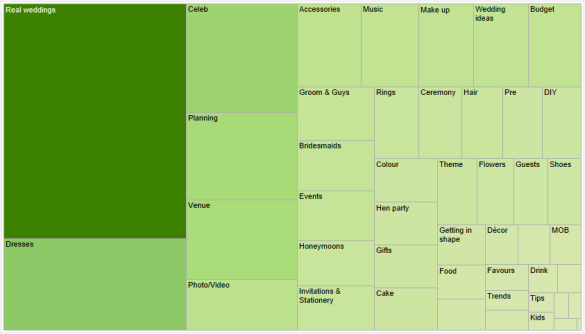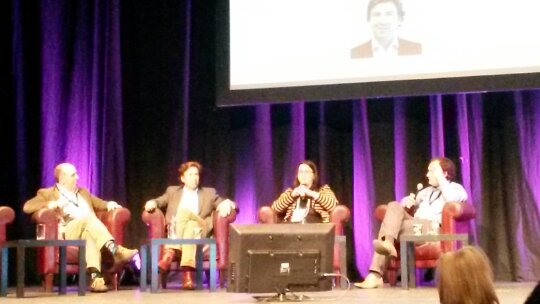This week, my team and I submitted our Practicum Report “Content Marketing Strategy and eBook”.
While the title is tidy and cuddly, the work involved was definitely not, but it was a really fantastic project to work on, where we got to put lots of our years’ learning into action. But the reason this was such a great practicum was that it presented us with a brand new challenge. Content analysis.
Being honest, content analysis was not something I had heard of before, or if I had, I definitely hadn’t a clue what it meant. Now, after spending three months immersed in it, I see web content analysis as a crucial research technique, not only for serious content marketers, but for any digital marketer who is looking for an insight into their target market. In this post, I share an introduction to content analysis, using examples from my own recent experience.
What is content analysis?
Content analysis is about looking at content, classifying and coding it and identifying various themes or patterns which emerge from it. You can look at it as an attempt to quantify qualitative data – looking at words, opinions, conversations and so on, and putting an order or system on them.
For the practicum, we were working towards creating an eBook for our client to use in their content marketing strategy. Our client was a company involved in the wedding industry. The content analysis was therefore focusing on wedding related websites and forums, with the aim of
1. Uncovering the most popular topics of discussion and
2. Whether or not there was a gap between what consumers were concerned about in the forums compared to what publishers were producing on the websites.
If we found a gap, this was going to impact what we included in the eBook.
Warning! Content analysis is difficult, mind numbing, paralyzing and time-consuming. Proceed with caution.
How do you do it?
- Decide what you want to find out.
When you start to get lost in the World Wide Web, keep reminding yourself of what it is that you want to find out. For us, it was to find the most popular wedding topics. - Decide which websites you want to analyse.
Again, for us, this was wedding related websites and forums. We used Google’s SERPs to show us in the direction of the most popular and authoritative wedding websites. - Decide what you want to analyse on those websites.
This is tricky. As our focus was on content and topics, we were committed to delving deeply into each website. We classified and coded over 7,000 pages of web content noting the following;
• URL
• Year of content publication (where available)
• Authorship (Publisher or Consumer)
• Topic
What can you learn from it?
If you commit to content analysis, you can learn anything from it. We managed to get our questions answered. We discovered the most popular wedding related topics overall;
And the difference in topic popularity between publishers (orange) and consumers (blue);

From this information, we gave ourselves a great basis for making our decisions on what topics should be included in our wedding eBook.
But hold on! First, see if a tool can help.
While we carried out our ‘scraping’ manually – moving systematically through the websites and inputting our data to Excel, there are tools out there which can help you scrape web data. Moz have a brilliant step by step guide to data scraping for content marketers and talk about how to use it in, for instance, identifying online influencers. Figuring out how to use these scraping tools is next on my big, bad list of learning!









